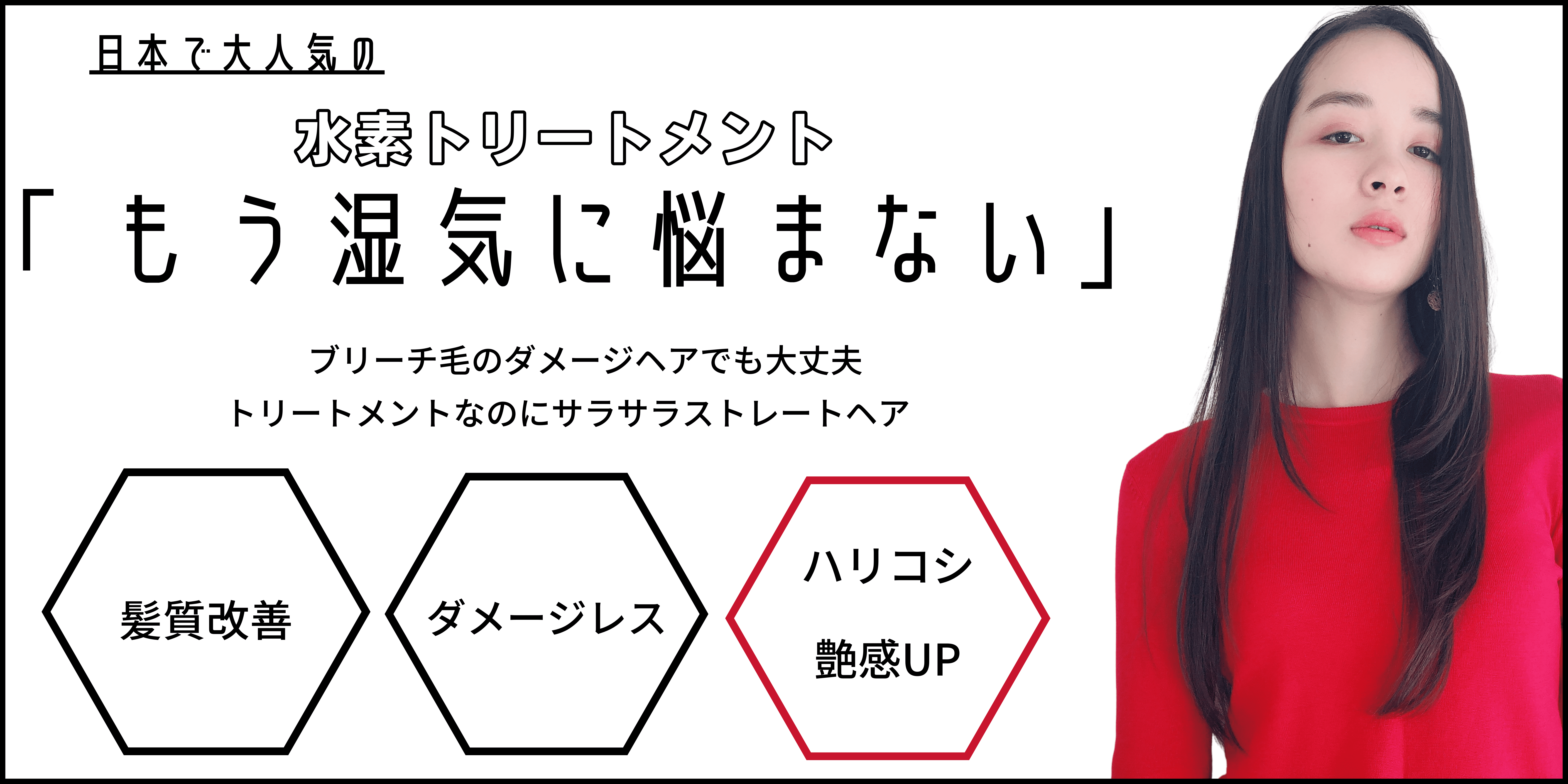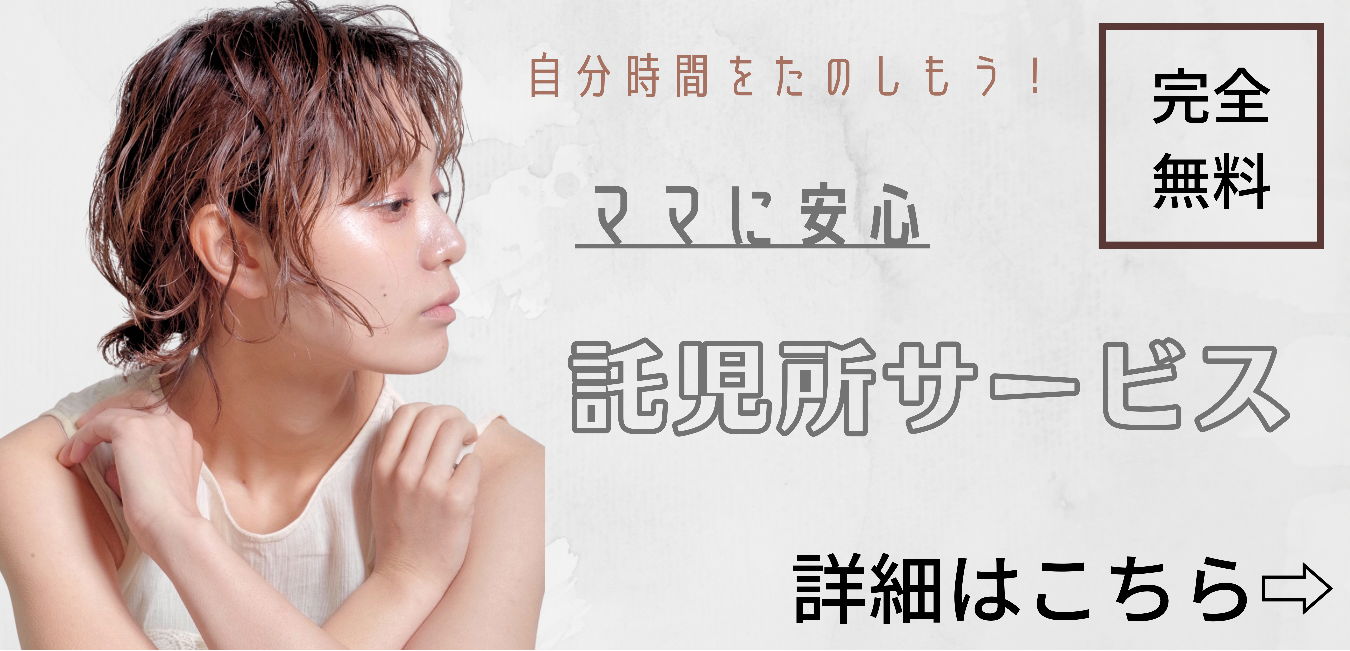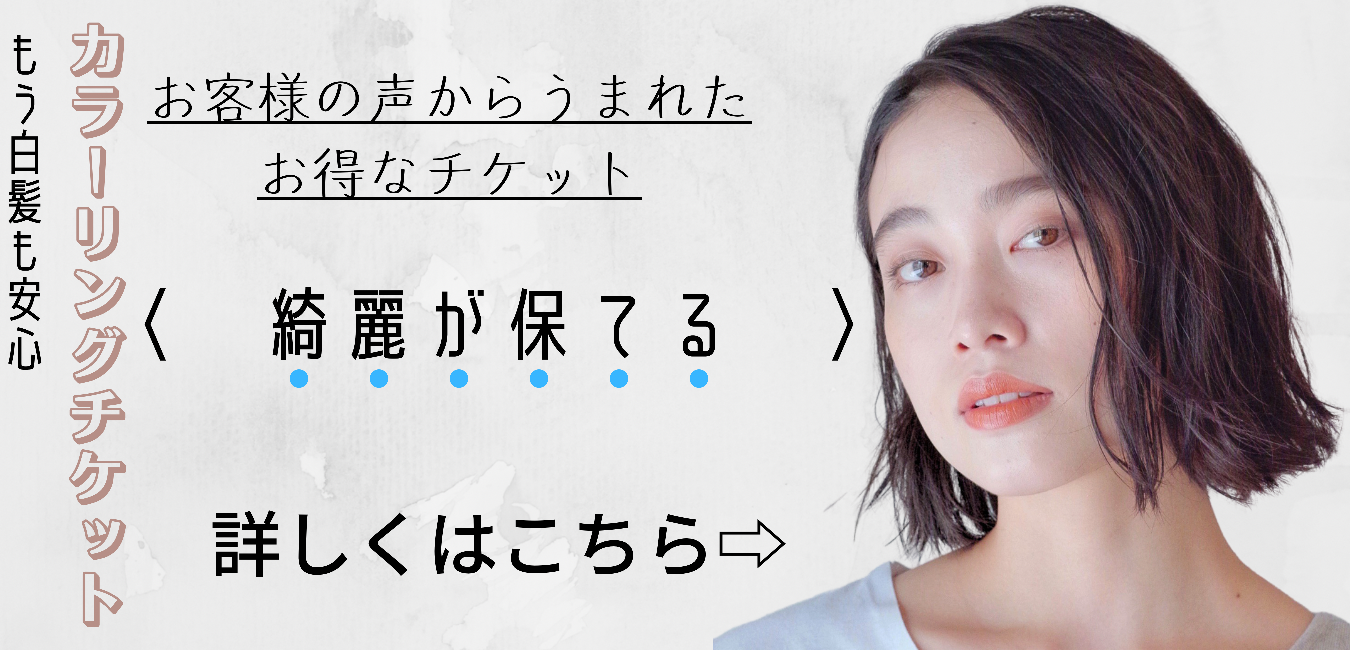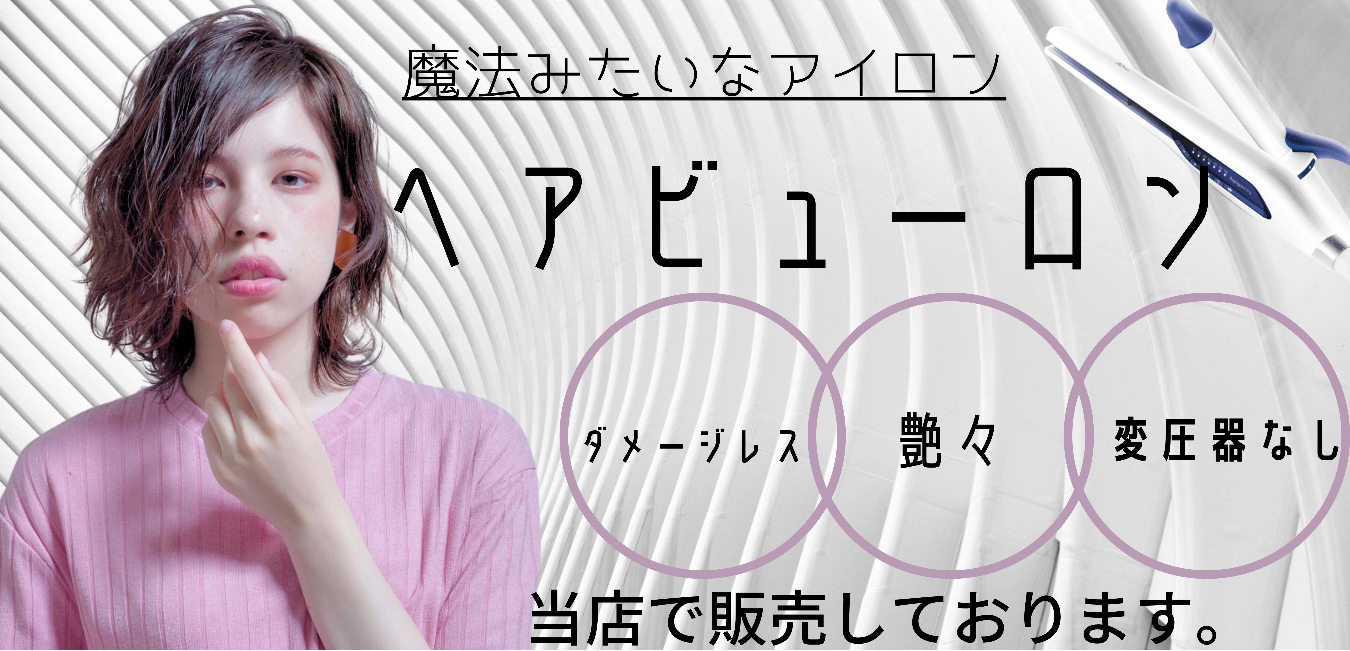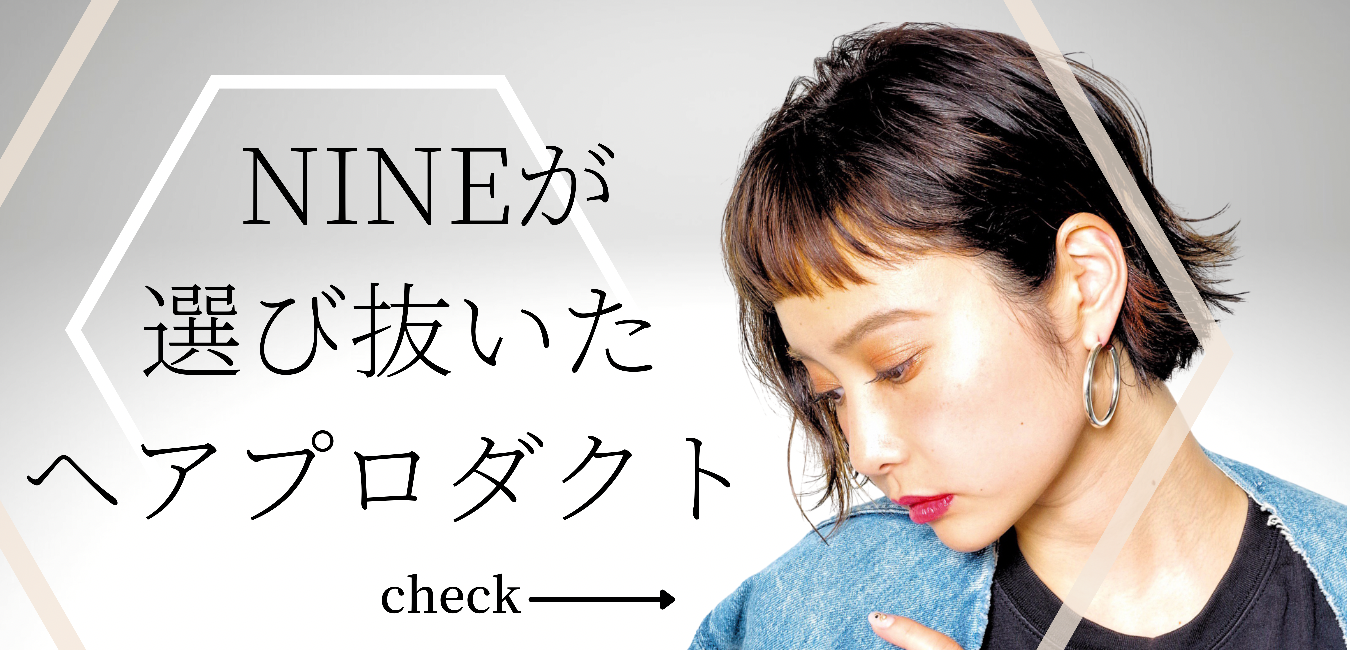
Do you have sticky hair or a greasy scalp even though you shampoo every day? If you are experiencing a lot of hair loss, that greasy scalp may be the cause of your hair loss. Here we will discuss in detail the relationship between hair loss and the amount of sebum on the scalp.
What causes an increase in the amount of sebum on the scalp?
So why does the amount of sebum on the scalp increase? Below are the three main causes.
- the scalp is not being washed properly
If shampooing is not done with “washing the scalp” in mind, sebum cannot be properly removed, resulting in sticky hair and an oily scalp. - unsuitable shampoo or excessive shampooing
If you choose a shampoo without paying attention to its ingredients, such as because it is often seen in commercials or magazines or because you like the scent, the cleaning ingredients may not be suitable for your scalp, resulting in a disturbed scalp environment and an oily scalp. Also, if you shampoo morning and night, you may end up removing too much sebum, which causes the body to increase sebum production in an attempt to compensate for the lack of sebum. - excessive intake of fat
Saturated fatty acids contained in animal fats such as lard, butter, and other animal fats from meat and dairy products easily harden in the body, making the blood sluggish. Excessive intake of saturated fatty acids increases the secretion of sebum, making the scalp oily and prone to pimples. In addition, low intake of vitamin C, which has a sebum suppressing effect, tends to increase sebum secretion.
Balancing sebum secretion! 4 major hair loss countermeasures
There are several types of hair loss in women, including seborrheic alopecia, a condition in which excessive sebum secretion causes inflammation of the scalp and increased hair loss. Controlling sebum secretion is the key to preventing hair loss, so if you have a greasy scalp on a regular basis, it is recommended that you take the following measures.
- If the shampoo does not suit your needs, review the cleaning ingredients in the formula and use an amino acid-based shampoo that is gentle to the scalp.
- Shampoo no more than once a day, and wash thoroughly with your fingers as if massaging your scalp.
- Eat a well-balanced diet centered on Japanese food, avoiding saturated fatty acids such as meat and dairy products as much as possible.
- Make sure to get a good night’s sleep so that the turnover of the scalp works normally.
Improve hair loss by reviewing lifestyle habits.
It is said that once sebum secretion becomes normal, hair loss will be gradually eliminated. Let’s review our lifestyle habits, including hair care, diet, and sleep, to improve hair loss.






